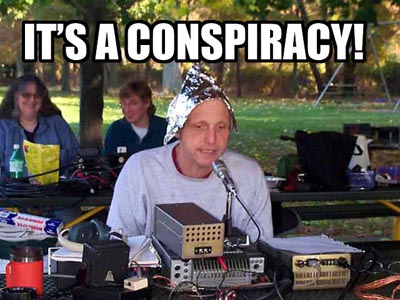resistor
First Post
The whole thing could be as simple as WoTC sent the letter and told them what was offending, but fixing it was more trouble them ema considered worth it.
While I have no knowledge of the details, I think this attitude is VERY dangerous.
In the software world, it is quite common for copyright holders (both of software and of data) to make absolutely outrageous claims. Hell, TSR had a history of trying to use copyright to quash discussion sites about their material, which are a pretty clear case of the review-and-critique fair use doctrine. The RIAA and MPAA send C&D letters to dead people and people who don't own computers.
(Big) companies don't send C&D's when they know they're right. They send them when they think they can win, either through air-of-authority or because they can spend more on legal fees. And, when you're talking about Massive Corp, Inc. vs Joe Shmoe, they can always win on the second one.
I've seen people and even small companies roll over to outlandish claims, just because they didn't understand what was legal, or because they couldn't afford to fight it.
So, no, I'm not willing to accept on faith that the claim was legitimate. It may have been, or it may not have been. Unless and until someone discloses the details, we simply do not know.




